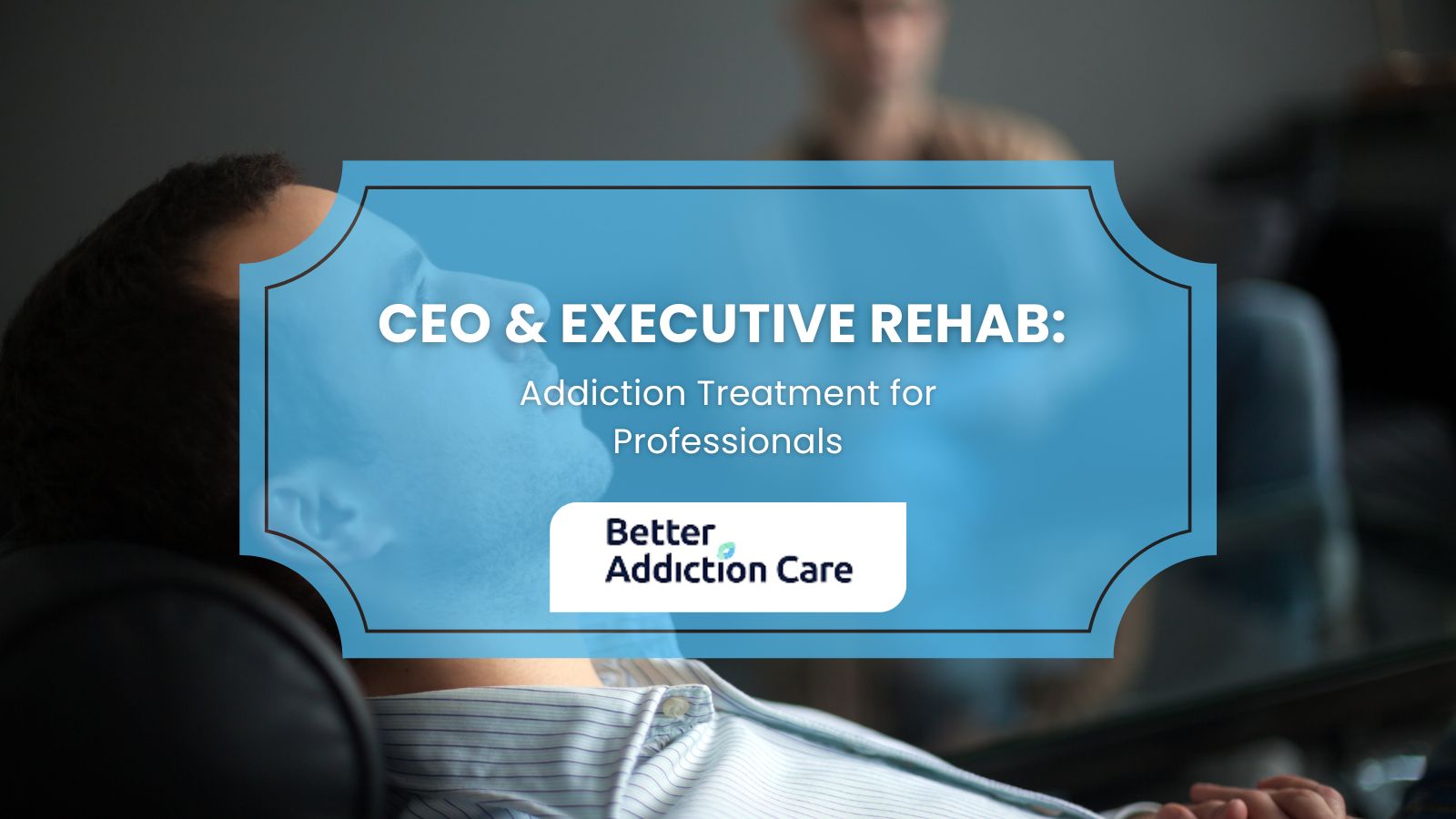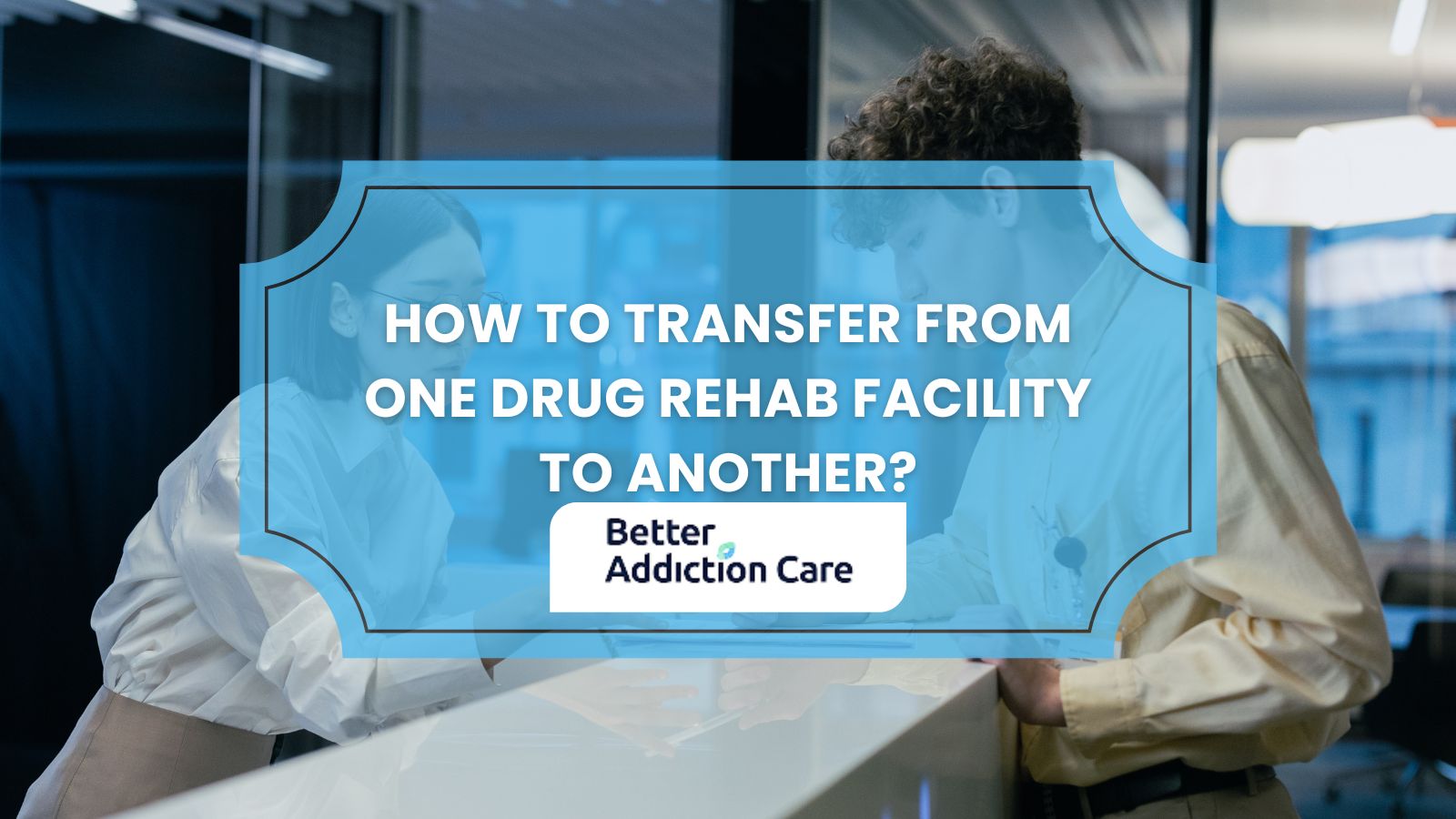
Overview
Pine Rest Christian Mental Health Services - Holland Clinic is a mental health treatment center for people seeking treatment near Ottawa County. As part of their treatment modalities for recovery, Pine Rest Christian Mental Health Services - Holland Clinic provides family counseling, individual psychotherapy, and dialectical behavior therapy during treatment. Pine Rest Christian Mental Health Services - Holland Clinic is located in Holland, Michigan, accepting community service block grants for treatment.
Pine Rest Christian Mental Health Services - Holland Clinic at a Glance
Payment Options
- Community Service Block Grants
- Medicaid
- Private health insurance
- Cash or self-payment
- Medicare
Assessments
- Comprehensive mental health assessment
- Comprehensive substance use assessment
- Screening for tobacco use
- Interim services for clients
- Outreach to persons in the community
Age Groups
- Adults
- Children/adolescents
- Young adults
- Seniors
Ancillary Services
- Court-ordered outpatient treatment
- Suicide prevention services
- Domestic violence services, including family or partner
- Mental health services
- Social skills development
Highlights About Pine Rest Christian Mental Health Services - Holland Clinic
7.75/10
With an overall rating of 7.75/10, this facility has following balanced range of services. Alcohol Rehabilitation: 8.00/10, Drug Rehab and Detox: 7.85/10, Insurance and Payments: 6.00/10, Treatment Options: 9.15/10.-
Treatment Options 9.15
-
Alcohol Rehabilitation 8.00
-
Drug Rehab and Detox 7.85
-
Insurance and Payments 6.00
Accreditations
The Joint Commission:

The Joint Commission's addiction and behavioral health accreditation signifies a facility's commitment to high-quality care. It involves rigorous evaluations and assessments of clinical practices, ensuring effective, evidence-based treatment. Accreditation showcases a dedication to continuous improvement and patient safety, instilling trust among patients, families, and healthcare professionals. It's a mark of excellence in addiction and behavioral health care.
Treatment At Pine Rest Christian Mental Health Services - Holland Clinic
Treatment Conditions
- Mental health treatment
- Alcoholism
- Opioid Addiction
- Substance use treatment
- Co-occurring Disorders
Care Levels
- Intensive outpatient treatment
- Detoxification
- Aftercare
- Outpatient
- Outpatient methadone/buprenorphine or naltrexone treatment
Treatment Modalities
- Family counseling
- Individual psychotherapy
- Dialectical Behavior Therapy
- Group counseling
- Experiential Therapy
Ancillary Services
Languages
- Sign language services for the deaf and hard of hearing
- Spanish
Additional Services
- Pharmacotherapies administered during treatment
- Discharge Planning
- Breathalyzer or blood alcohol testing
Special Programs
- Pregnant/postpartum women
- Persons with eating disorders
- Clients who have experienced trauma
- Persons 18 and older with serious mental illness (SMI)
- Clients with co-occurring mental and substance use disorders
Contact Information
Read our Most Recent Article About Drug Addiction
DISCLAIMER: The facility name, logo and brand are the property and registered trademarks of Pine Rest Christian Mental Health Services - Holland Clinic, and are being used for identification and informational purposes only. Use of these names, logos and brands shall not imply endorsement. BetterAddictionCare.com is not affiliated with or sponsored by Pine Rest Christian Mental Health Services - Holland Clinic.








